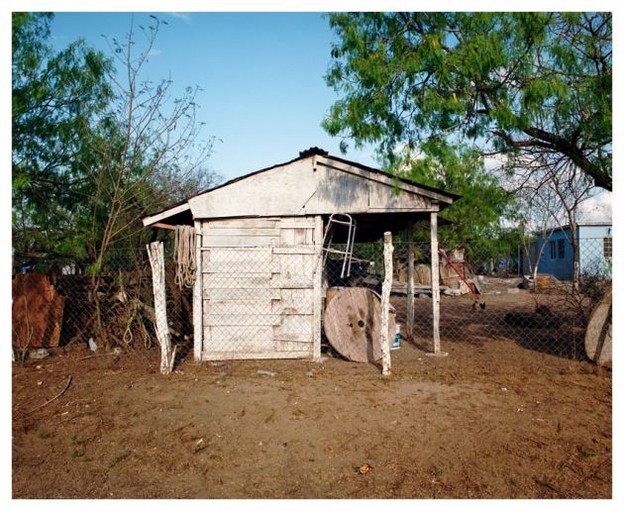Affinities, affections and elections, part two
Translation is fence and climb

Translation is effortful: that’s part of its appeal and provocation. Translation, like any form of cross-cultural or cross-language communication (and I sometimes wonder if all communication, even communication within the self, is some form of “cross-cultural” communication? but perhaps there are gradations or spectra of “cross” in that construct...) highlights both separation—difference, distinction, divide—and connection—affinity, mutuality, movement towards.
Let me contradict myself immediately: on a good day, when the confluence of written and writer and translator is particularly generative and delightful, translation can feel like channeling, accessing some other river-like flow of speech just beyond the ways we normally articulate ideas. It’s never easy—it’s always an effort—but it can feel tremendously fluid, perhaps precisely because of the distance from self and ego that translation inherently entails. And at the same time, translation is the most interruptive, stuttering, stop-and-go, stumbling form of writing there is: observation, inquiry and investigation made manifest in every phrase, sentence, line.
![]()
Alejandro Cartagena, from "between borders"
I don’t think finding texts or writers to translate is all that different from finding texts or writers to read (in any language). How do we arrive at the publications and persons whose work most excites us? I imagine that process is different for each reader. In my last post on this topic, I suggested reading as broadly as possible among sites and publications and then doing further research on writers who spark particular interest. Another way to proceed (and these are not mutually exclusive, of course) might be to identify especially engaging press projects or publications and figure that these might lead more directly to affinities and shared aesthetics or literary politics.
Given my own proclivities toward autonomous small-press projects, I might begin with the catalog from Mexico’s Feria del Libro Independiente, or Argentina’s Feria del Libro Independiente y Alternativa, co-organized by the folks from )el asunto( who also publish the amazing handmade Catálogo de libros independientes which lists hundreds of small and tiny press projects and writers who publish autonomously, and incidentally includes instructions on how to make your own books.
Or I might focus on particular small-press projects or journals whose practices I find especially exciting, and learn more about the writers involved in those projects. One such project, begun in Buenos Aires but now dispersed throughout Latin America is Eloisa Cartonera, an independent small press that uses recycled cardboard covers and lo-fi design, printing, binding and distribution processes to make books that are an affordable and buoyant alternative to overly officious official verse culture. The Spanish-language wikipedia page about cartonera presses illustrates the amazing flowering of these projects all over Latin America and in Spain, and has a number of excellent links, as do many of the specific cartonera sites. There is one instance, that I know of, where a U.S. poet has published with a cartonera press: Edwin Torres’ Ilusos, translated into Spanish by Urayoán Noel, and published by Atarraya Cartonera in Puerto Rico.
The projects and sites in this post (and there could have been many more!!) constitute a list that is of course entirely partial and happenstantial (if that’s a word?), containing primarily what I have readily at hand on the shelf next to my pale green 1940s steel desk, made by Fortress, Inc. in Irwindale, California, purchased via the Recycler from a successful writer of Harlequin romances.
A much more intricately complicated, ongoing (lifelong) question is how we might come to understand the literary, historical, social and political contexts in which the texts and writers we encounter exist. It’s a tremendously humbling process: I am reminded, constantly, of how much more there is to know and understand than I can possibly access. The more I read, the more I realize I do not know how to read. Like translation, the attempt to comprehend-through-encounter or inhabit-through-comprehension a context very different from our own (whether that context is located “here” or “elsewhere”) is excessively effortful. It is in the effort, and the heightened, electrified attention that effort invites, that the political import and utility of translation flourishes.

Ken Gonzales-Day, “With none but the omni-present stars to witness,” from the series “Hang Trees”
Trans positions